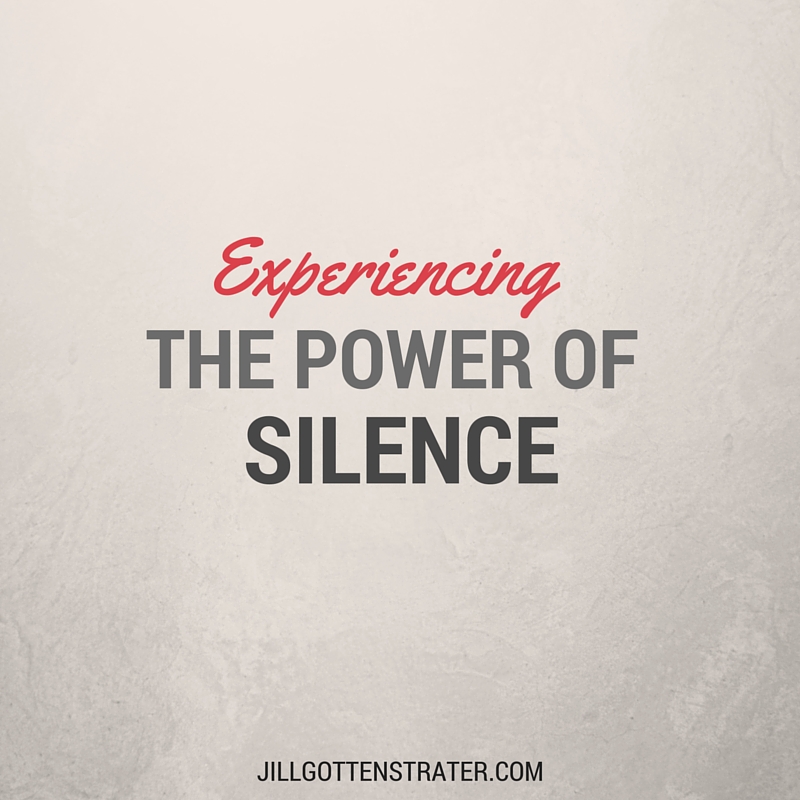https://www.jillgottenstrater.com/wp-content/uploads/2015/12/the.png
800
800
Jill Gottenstrater
http://www.jillgottenstrater.com/wp-content/uploads/2016/02/JILL_GOTTENSTRATER_LOGO3.png
Jill Gottenstrater2015-12-12 07:23:092016-03-12 03:57:42How To Avoid Breaking Your New Year's Resolution
https://www.jillgottenstrater.com/wp-content/uploads/2015/12/NATIONAL_LAMPOONS_CHRISTMAS_VACATION_national_lampoon_christmas_comedy____f_1920x1080.png
1080
1920
Jill Gottenstrater
http://www.jillgottenstrater.com/wp-content/uploads/2016/02/JILL_GOTTENSTRATER_LOGO3.png
Jill Gottenstrater2015-12-04 04:00:492016-03-12 03:58:29Surviving the Holidays Despite Family Drama
https://www.jillgottenstrater.com/wp-content/uploads/2015/11/Be-a-rainbow-in-someone-elses-cloud.-Maya-Angelou.png
800
800
Jill Gottenstrater
http://www.jillgottenstrater.com/wp-content/uploads/2016/02/JILL_GOTTENSTRATER_LOGO3.png
Jill Gottenstrater2015-11-28 03:00:402016-02-20 17:18:08Remembering the Sad and Lonely During the Holidays
https://www.jillgottenstrater.com/wp-content/uploads/2015/11/5.png
800
800
Jill Gottenstrater
http://www.jillgottenstrater.com/wp-content/uploads/2016/02/JILL_GOTTENSTRATER_LOGO3.png
Jill Gottenstrater2015-11-21 04:00:242016-02-20 17:21:30The Importance of Proper Maintenance
https://www.jillgottenstrater.com/wp-content/uploads/2015/11/4.png
800
800
Jill Gottenstrater
http://www.jillgottenstrater.com/wp-content/uploads/2016/02/JILL_GOTTENSTRATER_LOGO3.png
Jill Gottenstrater2015-11-14 04:00:052016-02-20 17:23:43Don't Make The Mistake of Skipping This Step
https://www.jillgottenstrater.com/wp-content/uploads/2015/11/3.png
800
800
Jill Gottenstrater
http://www.jillgottenstrater.com/wp-content/uploads/2016/02/JILL_GOTTENSTRATER_LOGO3.png
Jill Gottenstrater2015-11-07 05:18:312016-02-20 17:26:074 Ways to Build Momentum Today
https://www.jillgottenstrater.com/wp-content/uploads/2015/11/1.png
800
800
Jill Gottenstrater
http://www.jillgottenstrater.com/wp-content/uploads/2016/02/JILL_GOTTENSTRATER_LOGO3.png
Jill Gottenstrater2015-10-31 06:08:502016-02-20 17:30:23How Small, Intentional Steps Will Get Your Momentum Moving
https://www.jillgottenstrater.com/wp-content/uploads/2015/11/2.png
800
800
Jill Gottenstrater
http://www.jillgottenstrater.com/wp-content/uploads/2016/02/JILL_GOTTENSTRATER_LOGO3.png
Jill Gottenstrater2015-10-24 05:28:422016-02-20 17:32:23Creating and Sustaining Life Changing Momentum - A Series
https://www.jillgottenstrater.com/wp-content/uploads/2015/10/Tear-rolling-down-face-with-closeup-of-eye-e1445081533448.png
718
800
Jill Gottenstrater
http://www.jillgottenstrater.com/wp-content/uploads/2016/02/JILL_GOTTENSTRATER_LOGO3.png
Jill Gottenstrater2015-10-17 07:42:102016-02-20 17:34:18Why Letting Your Heart Break Is a Good Thing
https://www.jillgottenstrater.com/wp-content/uploads/2015/10/Experiencing-the-power-of-silence.jpg
800
800
Jill Gottenstrater
http://www.jillgottenstrater.com/wp-content/uploads/2016/02/JILL_GOTTENSTRATER_LOGO3.png
Jill Gottenstrater2015-10-03 07:21:542016-02-20 17:36:24Why We Should Be Taking a Vow of Silence
Scroll to top










